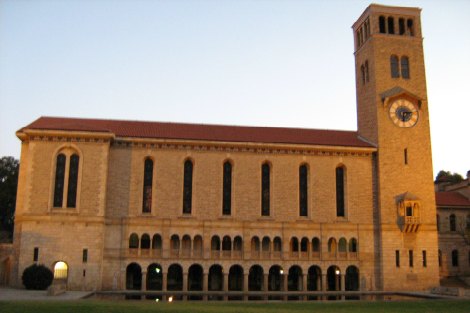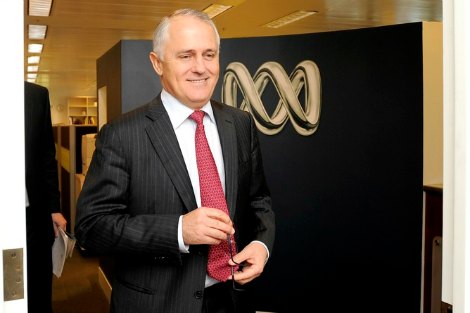Keywords: Fina
There are more than 200 results, only the first 200 are displayed here.
-

- Elenie Poulos
- 02 April 2015
4 Comments
Humans have always pursued wealth and the power it affords, but only relatively recently has the world itself become organised around the service of that wealth. The systems and structures which define the way our world works are financial, geared to the making of profit. They are global and buoyed by governments whose domestic and foreign policies ensure their support. ‘Social good’ and the ‘common good’ are assumed to be economic neoliberalism, and what’s in the ‘public interest’ is whatever advances the neoliberal economic agenda.
READ MORE
-

AUSTRALIA
- Brian Toohey
- 27 March 2015
6 Comments
Although the age pension will cost about $49 billion in 2017-18, it is means tested. In contrast, superannuation concessions are heavily biased in favour of high income earners. Both sides of politics pander to the wealthy and the cosseted finance sector, which want certainty that nothing will stand in the way of their super bonanza.
READ MORE 
-

AUSTRALIA
- Colin Long
- 09 February 2015
19 Comments
The Coalition Government falsely claims that Medicare co-payments and cuts to welfare and publicly funded institutions such as the CSIRO and the ABC are necessary to 'fix Labor's mess'. There are indeed structural problems with the economy, but essentially the plan is to strip the public sector by cutting universal access to a range of services that also includes tertiary education, to create a dominant free market that marginalises Australians on low incomes.
READ MORE 
-

ARTS AND CULTURE
- Brian Doyle
- 28 January 2015
27 Comments
Martin Luther was absolutely correct and right philosophically when he nailed his Ninety-Five Theses to a chapel door in Wittenberg. The Catholic Church was rife with greed and corruption and scandal and lies and theft and devious financial plots, as it still is, and probably always has been. But I maintain that Luther was utterly wrong and incorrect in his choice of tools.
READ MORE 
-

EDUCATION
- Bill Uren
- 23 January 2015
16 Comments
We can sympathise with the university Vice-Chancellors who support fee deregulation. Over many years Government financial support for higher education has been eroded in real terms, and maintaining international rankings depends upon deregulation. But do we want the major metropolitan universities to return to the financial exclusivity that characterised the early history of Australian tertiary education?
READ MORE 
-

RELIGION
- Marcelle Mogg
- 17 December 2014
11 Comments
In his Mid Year Financial Economic Outlook statements this week, Treasurer Joe Hockey construed 'The Economy' as a rare prized orchid, requiring careful nurturing. The orchid is to be admired, and the gardener more so for the skill, expertise and craft that gives rise to such a beautiful creation. The trouble with treating The Economy like a prized bloom is that we fail to recognise that the it exists to serve people.
READ MORE 
-

AUSTRALIA
- Michael Mullins
- 24 November 2014
7 Comments
Thanks to Senators Jacqui Lambie and Ricky Muir, we can once again trust our financial advisers. There are some things that are worth paying for. If somebody else pays for something, it's likely that we will get what they want, not what we need.
READ MORE 
-

AUSTRALIA
- Binoy Kampmark
- 21 November 2014
25 Comments
Governments are tempted to use budgetary accountability as a neat cover for corporatisation of public utilities. As public broadcasters, the ABC and SBS do not inhabit the same philosophical territory as Sky News or Channel 7. The ABC's cuts are based on an efficiency report prepared by a financial officer from the commercial media. It does not seem relevant that balanced budgets do not deliver educated audiences.
READ MORE 